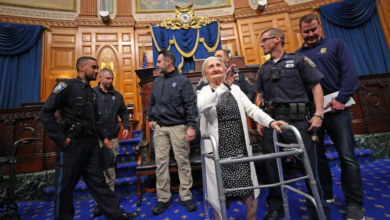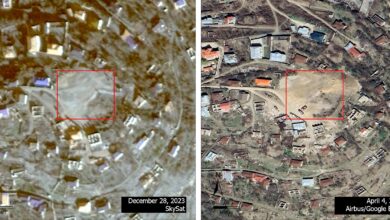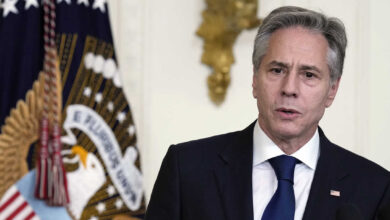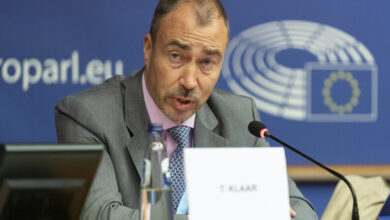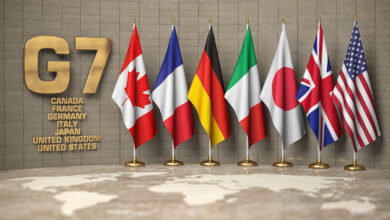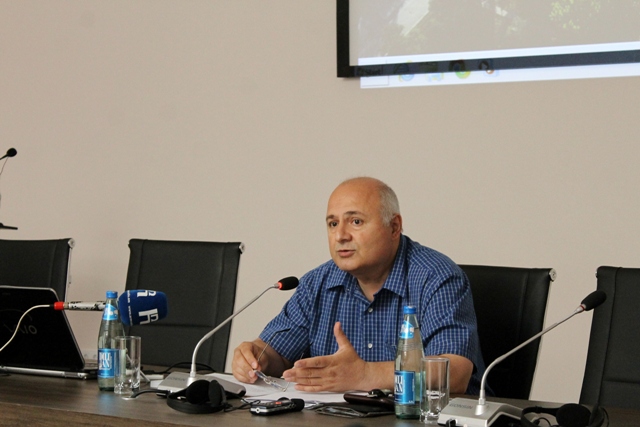
Alisa Gevorgyan
Public Radio of Armenia
The Armenian Genocide and the Jewish Holocaust: ethnographer Harutyun Marutyan analyzes how the two terms are conceived by the two peoples and how they are presented to the world. He is confident Armenians have to learn much from Jews in this regard.
We have been killed, massacred and deprived of Motherland: this is how the Armenian child is introduced to the history of the Armenian Genocide. According to the ethnographer, this can create complexes and prejudices. He believes that it’s important to speak about the struggle, which helped our people survive. As an example he refers to the remembrance days of the Armenian Genocide and the Holocaust. “While Armenians mark The day of commemoration of the innocent victims of the Armenian Genocide, Jews commemorate the Holocaust victims and heroes.
“Wherever in the world you use the term Holocaust, everyone understands that it refers to Jews, while the same cannot be said about Mets Yeghern (the Armenian term used for the Armenian Genocide),” he says.
Harutyun Marutyan also notes that the Jews differentiate between the Holocaust and other genocides of the 20th century. “Jews say Armenians were given the chance to survive by changing the religion, while the Jews had no opportunity to survive. This is a disputable argument, as Armenians had this chance at the beginning. Then an order came from Talaat Pasha to annihilate all Armenians. Similarly, not all Jews were burnt alive. Many found various ways to escape,” he says.
Besides, Harutyun Marutyan calls attention to the fact that when discussing the reasons of the Holocaust, Jews blame “fascism,” “racism,” “Nazism,” and other similar ideologies, not Germans, i.e. they do not give an ethnic coloring to the crime and view the massacre as the product of criminal ideology. “Meanwhile, for 100 years now the Armenian political mind has been stressing the ethnic, i.e. the Turkish factor in the perpetration of the Armenian Genocide.”
The ethnographer notes, however, that the reason of the Armenian approach is first of all the Turkish policy of denial, which results in the persistence of the centuries-old “friend-enemy” stereotype. According to him, there are a number of stereotypes in the Armenian Genocide issue, which need to be edited. “The first of them was the victim’s psychology we managed to get rid of during the Artsakh war and managed to achieve our victory. But the victor’s psychology still needs to be reinforced,” he says.
“April 24 is not only a day of commemoration, but also a day of struggle and survival, and this also has to be reflected in the formulation of the meaning of the day,” Marutyan says.


